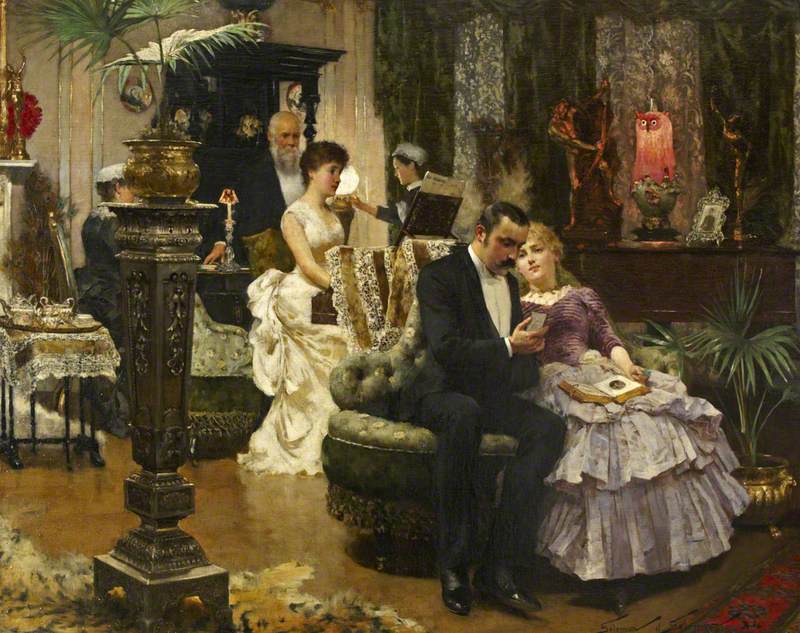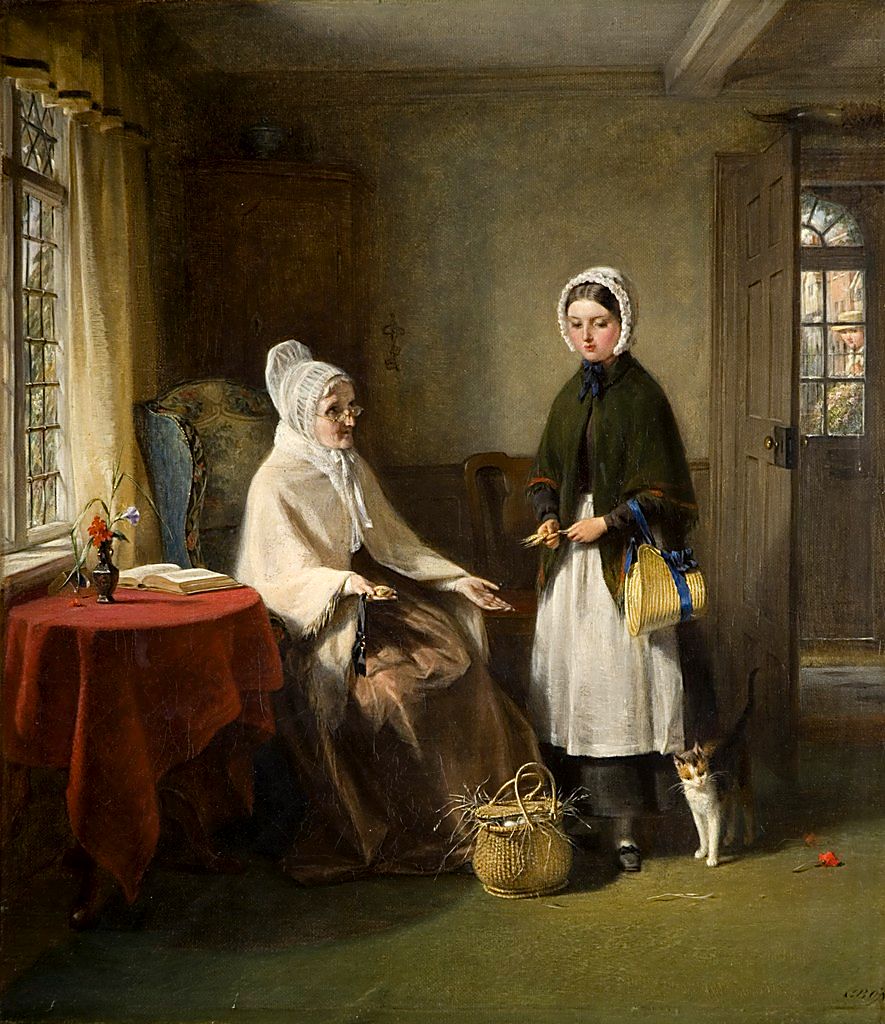Here is another great novel by Gore (see Novel 012), one of the most popular novelists of the early Victorian period, one of the best of any period. The titular “man of business” and the social setting in which he struggles are memorably delineated.
“No one possesses greater skill in taking up the thread, and unwinding it, till daylight breaks into the social labyrinth, than Mrs. Gore. . . . She has also the power of making her discoveries very amusing to her readers. . . . Years hence, we believe [her works] will be taken up as the most curious and accurate pictures ever drawn by a living writer of an actual time.” Literary Gazette, August 12, 1837
“In the case of a writer so long and deservedly popular as Mrs. Gore, our recommendation is scarcely needed, but yet we will recommend, candidly and without stint, these volumes to an attentive perusal. . . . Considering the author’s sex, her keen perceptions of the real and rough business of life occasionally excites our surprise. She has evidently studied mankind in other places and among other subjects than drawing-rooms and London coteries.” Metropolitan Magazine, October, 1837
This is “like all Mrs. Gore’s novels, skilfully constructed in point of plot, and cleverly as well as naturally detailed. She is a smart writer as well as a shrewd observer; and along with these requisites for one who would show up the frailties and follies of mankind or lash them effectively, she can, whenever she chooses, strike a deeper note and appeal to strong and tender affection.” Monthly Review, November 1837
Download this week’s novel:
v.1 https://archive.org/details/stokeshillplaceo01gore
v.2 https://archive.org/details/stokeshillplaceo02gore
v.3 https://archive.org/details/stokeshillplaceo03gore




















